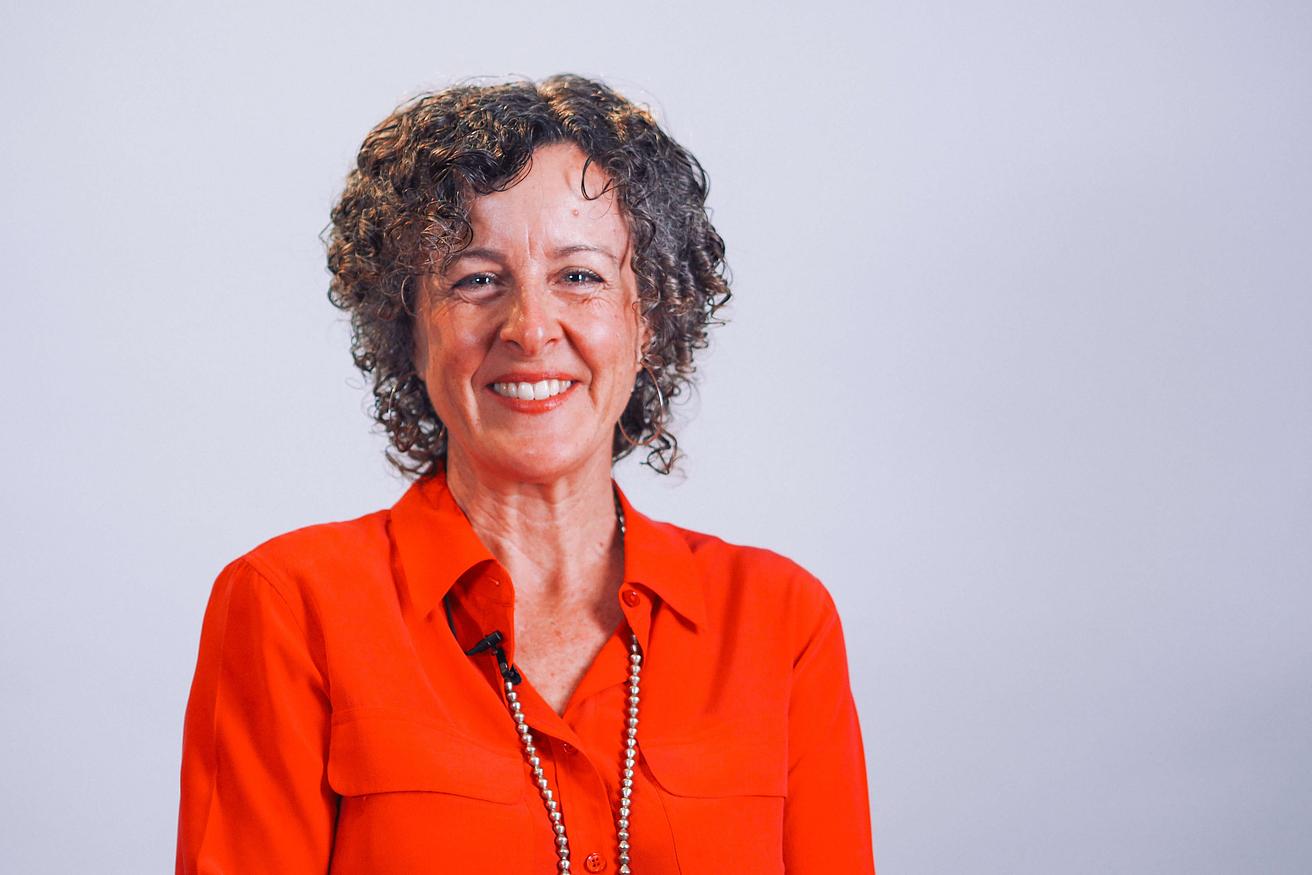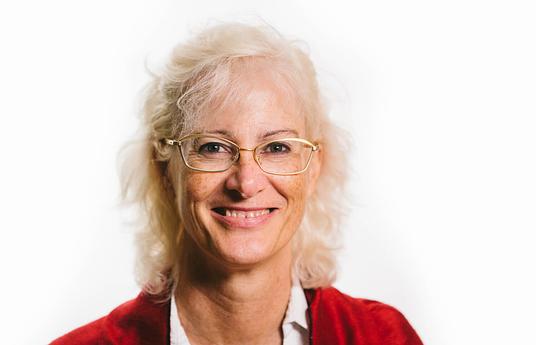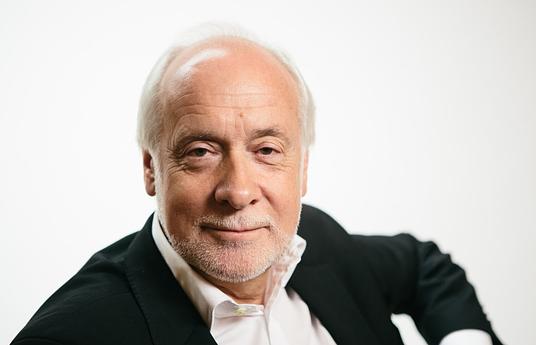Cynthia Campoy Brophy
Cynthia Campoy Brophy is the founder and executive director of ArtworxLA, founded in 1992, and formally known as the HeArt Project. ArtworxLA addresses the high school dropout crisis in Los Angeles through a long-term art program.
Skills
What are the skills we need to be teaching our children?
They should be learning skills that will make them competitive in a rapidly changing workforce. Skills that will make them contributing citizens and that will give them the option to participate in what they choose to. They need skills to help them in all the basic subjects, from how to read and write, how to be good writers, how to be thinking writers, how to do maths so they can understand how to do everything from balancing their checkbook to thinking about their retirement.
Along with these practical skills they also need creative thinking skills. Our workforce demands that we work together collaboratively. We need to think about how to teach our students to work and think collaboratively. In our global world we have to work with a diverse audience, so how do we teach our students skills to understand and respect difference and find a way to work together through those differences, to make those differences an asset?
Young people don’t graduate to work in the same job for the rest of their lives, so how do we give students the skills to be nimble and creative so that they can be adaptive, so that they can adapt to something that changes? And how can we give them skills to creatively tackle problems that don’t even exist yet? They need basic skills, but they also need skills in creative thinking.
Teachers
What is the role of the teacher?
The teacher needs to find the balance point. Our partner teachers have a tall order with the students we work with. The students come to school and into their classrooms with a set of issues that impact their ability to focus and participate that the teacher needs to understand in order to successfully teach their specific subject to them.
For example, our students come to school hungry or with stress from their own family lives. I have one teacher who told me she asks her students, ‘Have you eaten this morning?’ and they say, ‘Well, I had spread.’ ‘Spread’ is something that their parents learned to eat whilst they were incarcerated. They open up a Cup O’Noodles or ramen and put in Cheetos or Doritos and then microwave it which then becomes a sort of spread.
They eat this in prison and when they come home they feed it to their children, because it’s cheap, it’s accessible and it’s filling. But if a student eats this bowl of chemicals and comes to school in the morning and is expected to do well in their English class or their math class, that teacher has a real challenge to keep them focussed.
Yesterday a student who has previously had a lot of anger issues and a challenging home-life, and who now has a series of wrap-around services helping him, came up to me and said, ‘I don’t have headaches anymore and I’m sleeping. I’m participating in a completely different way!’ He was overflowing with creativity, he’s writing his own comic book!
Teachers in communities with fewer resources have a tall order to try to understand where the student is coming from, provide support service for them and then try to teach them the subject matter they are assigned to teach. It’s an important question to ask, because of what’s expected of the teacher. To be successful, the teacher has to be passionate, honest, have high expectations and have the support from the school to be successful in all those areas.
Leadership
Whose responsibility do you think education is?
I think it’s a community’s responsibility. If we only place the role of the responsibility of education on educators, it’s not going to be as successful. It takes a community of caring adults to care for our children. If one of a child’s systems is broken, if a family is challenged, then the school or the community should be there to support the student.
The student shouldn’t be out of luck because they come from a family that doesn’t have the resources to support him or her through life.
But yet, the school is challenged if the school feels responsible for the health, well-being and education of that child alone, so it takes a network of support. I think the future of education lies in a partnership and network model. The schools really shouldn’t be isolated entities fenced off on their own, they should be thought of as community centers.
Personal memory
What was your favourite moment in your own education?
It was being in the theater and being able to perform. I remember when I was a freshman in highschool and I got to be in the senior musical and dance. There was a sense of community and exploration. It was most definitely a highlight of school.
Did you have a favourite teacher?
Different teachers, I don’t really have that one teacher who completely stood out, there was one who was my theater teacher and also my math teacher – in his theatre class I stood out. There was another teacher who was a James Joyce fanatic. I always respected and was inspired by his passion and his complete commitment to James Joyce.
The next 100 years
The next 100 years of Finnish education should… allow and encourage creativity to be the driver in educational curriculum, in educational space, the way that schools exist in community and in the world. Creativity should be the driver of them all.


